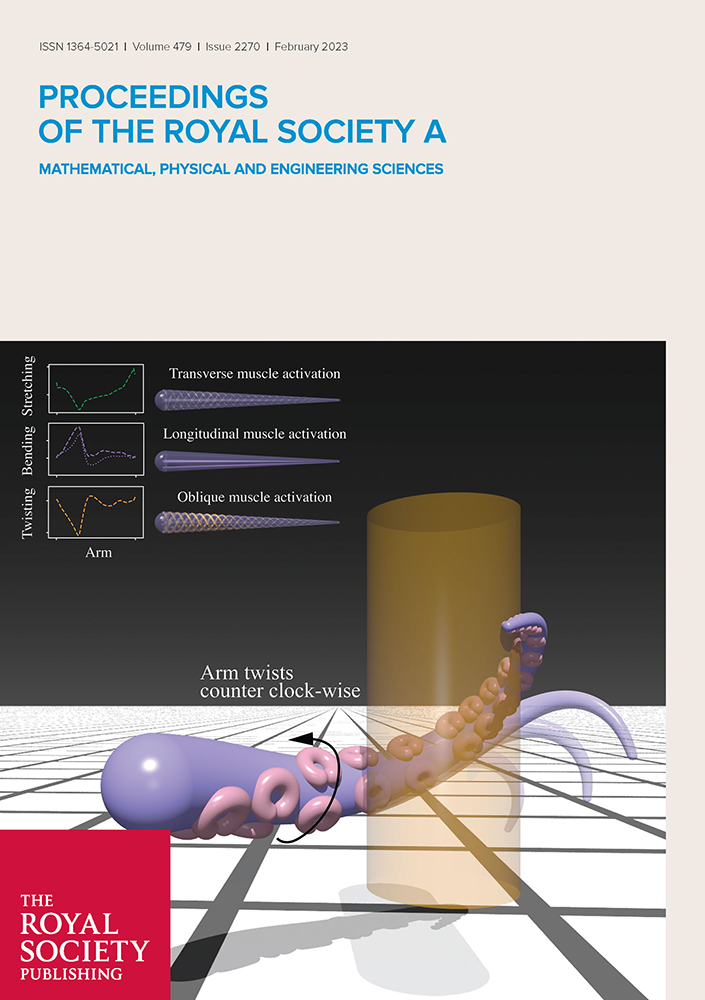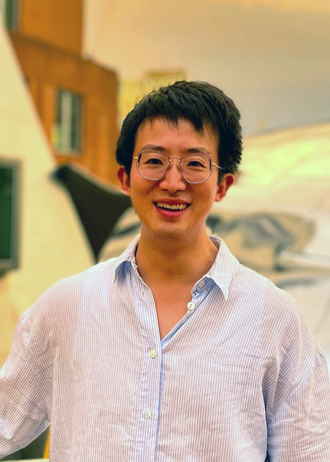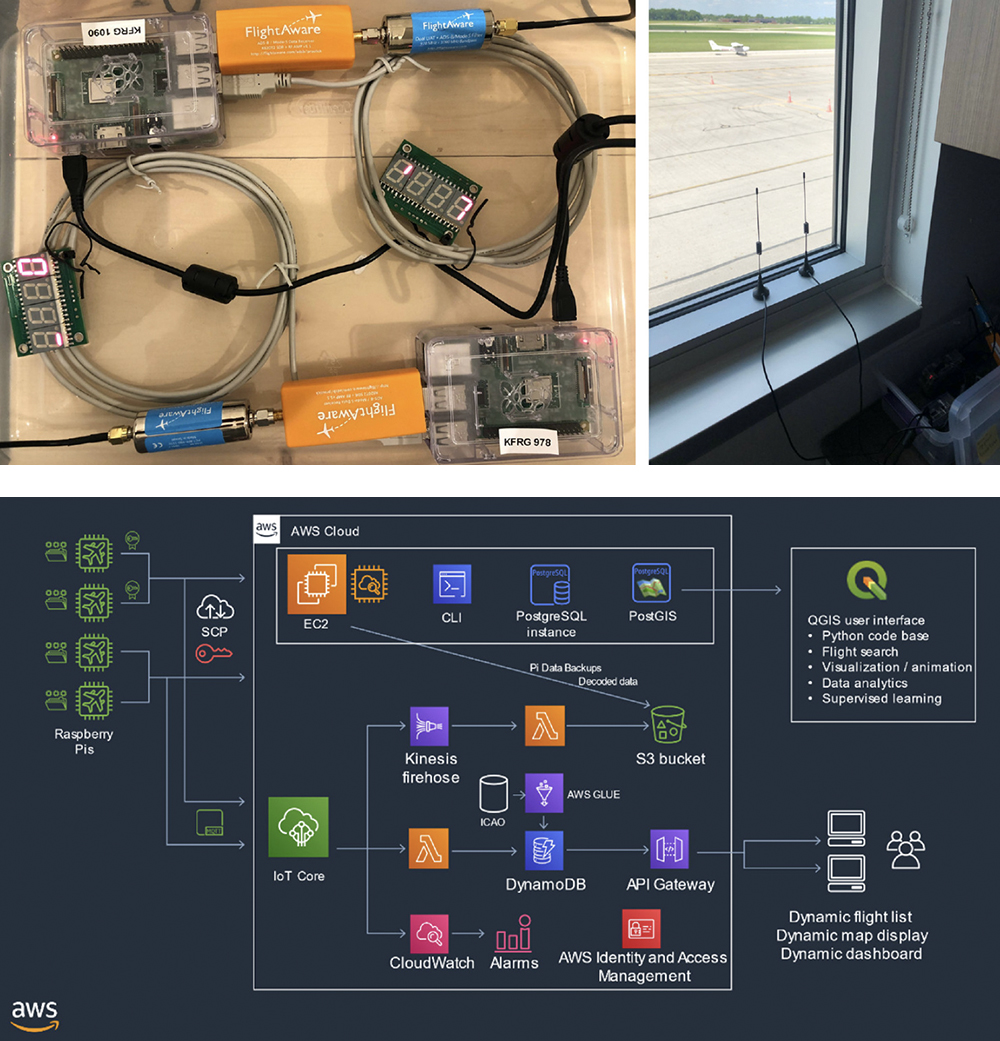News Story
Martins, Arcak and Park organize 'population games' workshop at the 62nd IEEE CDC
“Population Games: Strategic Multi-Agent Interactions at Scale” is a full-day workshop on Dec. 12, immediately preceding the IEEE 62nd Conference on Decision and Control, Dec. 13–15, Marina Bay Sands, Singapore.
The workshop is organized by Professor Nuno Martins (ECE/ISR); UC Berkeley Professor Murat Arcak; and alumnus Shinkyu Park (ECE Ph.D. 2015), a former student of Martins and an assistant professor at KAUST in Saudi Arabia.
It will present a comprehensive understanding of the basic tenets of population games, recent advances in dissipativity-based techniques for mechanism design and dynamic model analysis, and their applications to epidemiology and autonomous systems research.
Attendees will discover the latest research findings, methodologies, and trends shaping the landscape of strategic multi-agent interactions.
Abstract
For a complex system consisting of many agents interacting strategically with one another, key research themes are to understand how individual agents’ decision-making influences the emergent behavior of the system and analyze the system’s long-term behavior. To model the dynamics of decision-making in response to payoff mechanisms, researchers have turned to population game frameworks in recent decades. These frameworks have been employed in applications as diverse as transportation networks, wireless networks, smart grids, and cloud computing.
The traditional population game formalism, in which a static (memoryless) payoff mechanism influences the agents’ decisions, has recently been extended by the controls community to include dynamics in the payoff mechanism. In the prescriptive scenario in which the payoff mechanism is engineered to be carried out by a coordinator, the dynamics may result from learning behavior, the ever-present inertia in the reward/price-setting mechanism, or the anticipative effects caused by the agents’ attempt to react to predicted future changes in rewards/prices. Allowing for dynamics in the payoff mechanism opened up immense possibilities to employ the formalism of population games to solve a wider variety of research challenges in control systems and related disciplines. As a case in point, in epidemiology, a dynamic payoff mechanism can be designed to minimize the long-term infection prevalence with an anytime bound on the peak of infections. In multi-robot system applications, a payoff mechanism can be designed to coordinate multiple robots in carrying out assigned tasks in dynamically changing environments.
System theoretic dissipativity methods, which were originally introduced in Willems’s seminal article, play an important role in compositional verification and design of large-scale dynamical systems. In the new formulation of population games, one can model the agents’ decision making under a dynamic payoff mechanism as a feedback interconnection of two separate dynamical system models–payoff dynamics model and evolutionary dynamics model. Consequently, dissipativity-based techniques become an essential tool in verifying stability of equilibrium states of the feedback interconnection. In addition, leveraging the compositional nature of the dissipativity analysis, one can design new mechanisms underlying the games and agent decision-making models ensuring the stability in a large class of population games, despite time delays in the agent decision making.
It is most likely that the full potential of considering more sophisticated agent decision-making models, 1 dynamic payoff mechanisms, and disspativity-based techniques in engineering applications has not yet been exploited because the key concepts and results needed for such work have been originally published in disparate venues that pose a steep language, stylistic, and conceptual barrier to their assimilation by the control systems community.
The workshop will bridge this gap, while also putting forward new dissipativity-based techniques for verification and design in population games and their applications in engineering fields.
Published November 30, 2023






